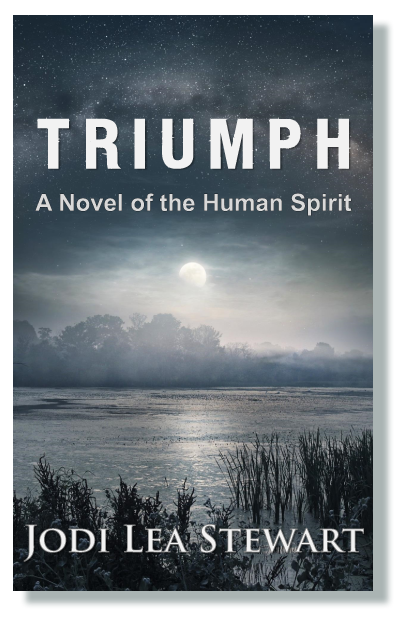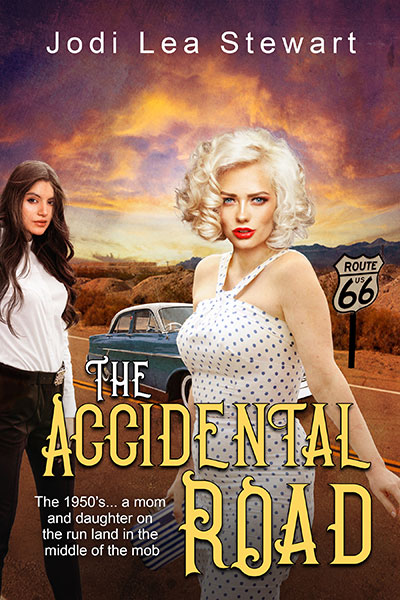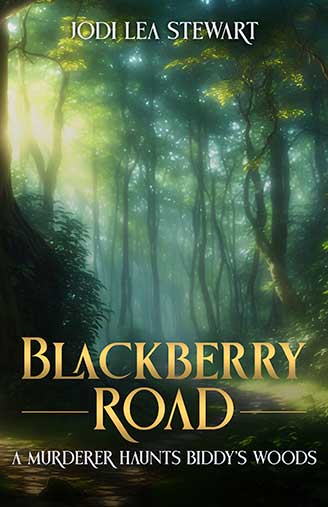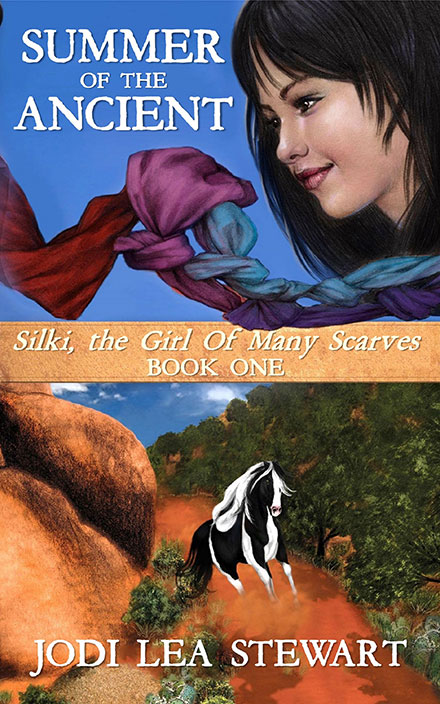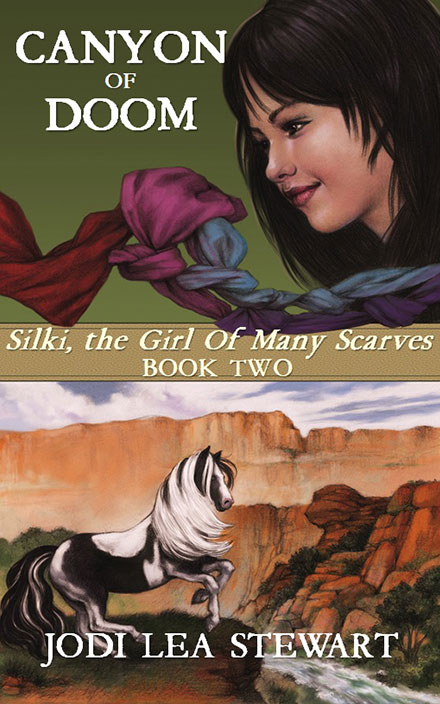Series: Keepin’ it real
Beginning writers face many obstacles.
Recently, someone asked for advice in a writing group online. She wanted to write novels but said everything stays a draft because she feels too insecure to continue and doesn’t really know what she’s doing.
Further, each time she writes something, it gets criticized, causing terrible self-doubt. She said she was afraid her dream of being a writer may remain a dream. She asked what she should do.
These are honest problems for beginners, and I would like to shed a little light from my perspective.
Self-Doubt
First of all, every writer goes through the self-doubt stage of wondering if she or he is truly qualified to call themselves a writer. I was still reluctant to do so after writing for university and local newspapers, writing western magazine columns, and after being made the managing editor/main writer for an exciting Fortune 500 company newsletter.
Why is that?
I believe one reason is that aspiring writers grow up having so much respect for writers, especially the ones who pen novels and books. We wonder if we have the talent and right to enter into their “sacred” world. That world seems too full of fire pits and dragons for us to wander into it with our little fluffy *amateur* suits of armor.
To that, I say, be of good courage . . . if you write, you are a writer! Enjoy that fact, even if nothing you have written has ever been published. If you are working hard toward this goal, you are at least a struggling writer which, in my world, equals writer!
The best book I ever read on this subject, and the one that actually gave me the personal confidence to pursue writing was Brenda Ueland’s book, If You Want to Write. She was a journalist, editor, writer, and a teacher of writing and truly believed that anyone with the spark of desire to write can and  will if they work at it. It’s an old book, and it’s full of wise and wonderful advice. If you don’t read it, you are missing something you won’t find anywhere else.
will if they work at it. It’s an old book, and it’s full of wise and wonderful advice. If you don’t read it, you are missing something you won’t find anywhere else.
About criticism
When you are starting out, simply don’t cast your pearls before swine. In other words, write and then check your own writing. A really good way to do that and one that worked for me, provided you want to write fiction, is Self-Editing for Fiction Writers. If you don’t want to write fiction, there are multitudes of other books that can help you learn how to self-edit. Editing yourself is an important part of writing.
Another thing you must have in your life is someone who doesn’t mind giving sound craft advice and is also successful at writing and editing. This most likely won’t be someone from your corral of friends, family, jealous acquaintances, general naysayers, or, unfortunately, fellow amateurs in your writing groups who usually have no idea what they are doing either. Sorry, but that’s the truth.
Don’t give others the opportunity to be your critic
Take it away from them. They don’t get to see anything until you are way down the road and know you are turning out good copy. By then, it’s still not open for debate from other beginners because you have progressed and only work with professionals or other seasoned writers/editors.
So, now that you,
- Believe you can be, and are, a writer,
- Are going to stop letting other amateurs critique and belittle you,
How do you turn your dreams into reality?
Hint: It’s not by being lazy.

- More and more, I hear online beginning writers say that becoming a writer involves all natural talent so no need to read a bunch of books or go sit in a classroom or attend a seminar.
- Grammar rules? Pffft! Writing is art, so there are no rules.
- Some say that reading nowadays is just a waste.
- Others ask the craziest questions that they should be researching themselves, such as “How do you write a fiction novel?” and “What is it like to be in love? I want to write a romance novel.” (That one stupefied me).
- Also, I hear them tell one another that watching YouTube videos about writing is the same as reading a book about it or learning firsthand from experts.
Really?
Let’s pause and consider a few examples.
- You smell that certain smell in your home. You jump online searching for an electrician to come immediately before your house burns down, don’t you? Do you know that electrician has more than likely gone through four years of apprenticeship including approximately 8,000 hours of on-the-job training and more than 500 hours of classroom training?
That’s a huge time investment, isn’t it?
- The lawyer you call when your drunk neighbor crashes into your car parked in your own driveway and who refuses to take responsibility for it has finished twelve years of lower learning, four years of undergraduate study followed by three years of law school and had to pass the Bar Exam, as well.
Nineteen years of schooling for the privilege of becoming a lawyer!
Whether becoming a carpenter or an airline pilot, a mechanic or a real estate agent, an artist or a writer . . . the bottom line is effort. Every profession demands extensive work and commitment.
Ever hear of the immersion programs for learning a new language? Yeah, it’s like that, but more extended. We learn specialties in life by immersing ourselves in them. Why would anyone think they can become a writer simply because they enjoy writing?
Enjoyment is a by-product of writing, that’s for darned sure, but it isn’t the same as training, practice, trial and error, tutelage, classes, and all that goes into learning a craft.
 Say you desire to be an essayist. You already know you have the aptitude because you loved the essay part on all your tests in school while the majority of your classmates found it akin to facing Stephen King’s Pennywise lurking in the gutters. Is liking to write essays enough, though? No! You will need to read and study hundreds of essays to finetune your own essay writing. You will need advice, feedback, and constructive criticism.
Say you desire to be an essayist. You already know you have the aptitude because you loved the essay part on all your tests in school while the majority of your classmates found it akin to facing Stephen King’s Pennywise lurking in the gutters. Is liking to write essays enough, though? No! You will need to read and study hundreds of essays to finetune your own essay writing. You will need advice, feedback, and constructive criticism.
That’s just one of so many examples.
How about writing novels?
Let me be blunt about this. If you are not willing to study hard, challenge yourself continually, read and write almost every day, accept constructive criticism gracefully with the idea of improving in the process, attend writing seminars, learn how to spell and use grammar properly, and not be bull-headed when the publisher asks for your manuscript in a certain format whether you think it looks “unartful” or not, then forget about writing novels.
Since I’m a novelist, I warm to that particular subject. Here are my personal tips for beginning novelists:
Read meaningful books on the craft of writing. Go to seminars. Subscribe to the magazine, Writer’s Digest. Read novels continually. Write continually. Take a journalism class to learn how to hook readers with your first line, first paragraph, and first page of EVERY chapter. That has helped me more than anything. Learn how to punctuate and spell. Learn what style current publishers prefer. For example, Chicago Style ellipses are the current trend. Study, and study more.
 In a nutshell . . .
In a nutshell . . .
- If you want to write, write!
- If others are pulling you down into the stinky swamp with their unhelpful or mean criticisms, escape! Take yourself and your talents into the sunshine.
- Lastly, realize than anything worth doing is worth the effort to learn and learn well. It won’t happen overnight. Nothing difficult and incredible does.
Precept upon precept, you will grow, and so will your confidence. Now get out there and learn and study and write your head off!
***
Author Jodi Lea Stewart ~ Laughing Makes it All Worthwhile!
Jodi Lea Stewart is a fiction author who believes in and writes about the triumph of the human spirit through overcoming adversity via grit, humor, and stubborn tenacity. Her writing reflects her life beginning in Texas, Missouri, and Oklahoma, later moving as a youngster to an Arizona cattle ranch next door to the Navajo Nation, and, as a young adult, resuming in her native Texas. Growing up, she climbed petroglyph-etched boulders, bounced two feet in the air in the backend of pickups wrestling through washed-out terracotta roads, and rode horseback on the winds of her imagination through the arroyos and mountains of the Arizona high country. Her lifetime friendship with all nationalities, cowpunchers, and the southern gentry allows Jodi to write comfortably about anything in the Southwest, the South, and far BEYOND.
JODI’S LATEST INTERNATIONALLY AWARDED HISTORICAL FICTION NOVEL ~
Watch the Book Trailer for THE GOLD ROSE HERE.
I write historical fiction centered around the early to mid-twentieth century. My latest novel, THE GOLD ROSE, involves the Japanese invasion of China and the ensuing civil war that ushered in modern-day communism. No matter what the circumstances, eras, conflicts, or main plots entail… my goal is always to create characters everyone relates to. I believe that’s the kind of connective reading in which the reader and writer actually share a point in time. 😊 Happy reading, y’all!











